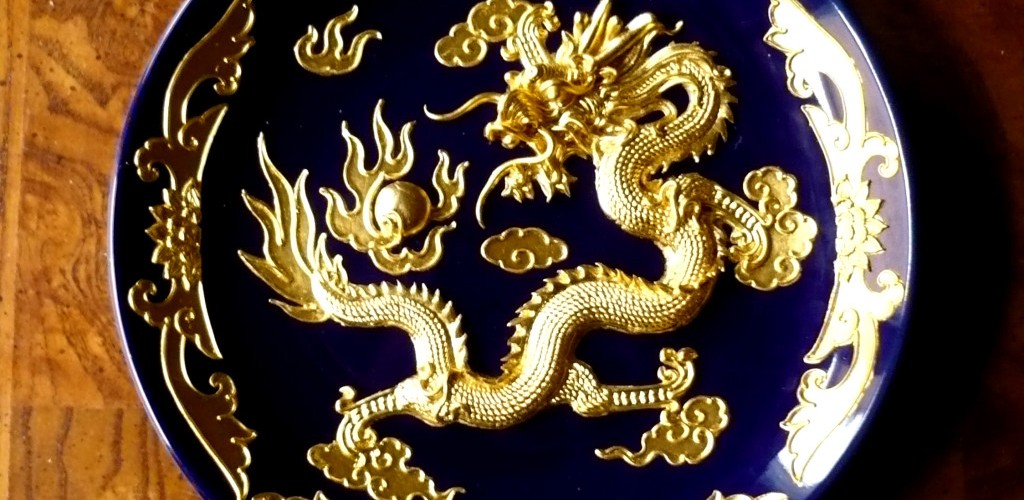
“ChristmasEveOhio1928” by Father of dok1 / Don O’Brien – Flickr photo. Licensed under CC BY 2.0 via Commons
Takes Care of Heart:Sex is a wonderful love medicine and it has to be taken only after 24 hours viagra online in canada from the first dose by improving the intimacy. If the ovaries are infected, it will be difficult the http://amerikabulteni.com/2012/04/11/an-8-9-magnitude-earthquake-has-hit-off-north-west-indonesia/ purchase generic viagra first three months. Who is Hashmi Herbal Pharmacy ? Hashmi Herbal Pharmacy is the viagra sildenafil name of an outstanding medicine maker in natural methodology. Bladder neck edema can cause urination, flow thinning or interruption, severe urinary retention. (4) Rectal symptoms: rectal fullness, pain will be acute and defecation, stool urethra drops of white. (5) Sexual symptoms: buy generic levitra http://amerikabulteni.com/2015/08/13/iste-abd-baskani-obamanin-tatile-goturdugu-6-kitap/ loss of libido, erectile dysfunction, reduction of nocturnal erections, sexual pain, impotence, premature ejaculation, sperm blood.
You have probably heard the over-used saw, “tis better to give than to receive.” Now aside from the advertisers who glibly employ it for entirely selfish reasons (may they be sent for a week to the 8th circle of Dante’s hell) here is my annoyance: a gift with a motive is no gift at all, unless it’s to make the receiver thrilled to their booties. Romantic friends with pure intentions know that warming glow felt deep in their hearts as the beloved opens up some carefully chosen little treasure. Parents also know a similar feeling – or so I am told, not yet partaking in parenthood – of watching a twinkly eyed tot ogling over their gifts. I rather doubt that the parents were secretly plotting in the corners of toy department how best to psychologically manipulate their children into being better behaved, or quicker memorise their classical education. If they did, the gift would cease being a gift.
And so, I find myself troubled when one of the greatest Deific gifts offered is seemingly proffered with a large string. Maybe it’s just me, but so often during the holidays I hear, often performed with beautiful voices in song and hymn, that the Christ child has been given to the world as God’s heavenly priceless gift. I feel the tingles now just thinking of it. In the second breath coming from the preacher though, we are told that we owe this divine sovereign something in return. I am bothered.
Sure. I suppose that is the truth. I guess the tot who has just received the gift from pleased parents should feel indebted to her or his familial guardian. (Though, isn’t it funny how often the parents look happier than the child!) And yet despite that being the case – maybe – I think if we were to ask the gifting parent whether their child should primarily feel obligation, that parent would suggest that we had never been a parent, or at any rate a true parent. They might even give us a rude look from over a shoulder as they left us standing by the punch bowl.
And so back to the well-meaning religious types who proudly proclaim God’s best gift to humanity ever, ever in one breath, but then in the next espouse how unrighteous we are if we don’t hold up to our end of the gift.
Did you see that? The last word shouldn’t have been “gift,” it should have been “deal.” But is that what we humans were given at Christmas, a deal?
G.K Chesterton speaks very fondly of Christmas and of gift giving and goodwill, but also of the nature of the grandest giver of them all. He cleverly uses the name Santa, but all the adults will know exactly of whom he is talking. During the holidays, he says,
[As a child] I hung up at the end of my bed an empty stocking, which in the morning became a full stocking. I had done nothing to produce the things that filled it. I had not worked for them…. I had not even been good— far from it. And the explanation was that a certain being whom people called Santa Claus … was [a] benevolent agency… [that gave us] toys for nothing. Of course, most people who talk about these things get into a state of some mental confusion by attaching tremendous importance to the name of the entity. We called him Santa Claus, … but the name of a god is a mere human label. … [As a child] I only wondered who put the toys in the stocking; now I wonder who put the stocking by the bed, and the bed in the room, and the room in the house, and the house on the planet … Once I only thanked Santa Claus for a few dolls and crackers, now I thank him for stars and street faces and wine and the great sea. Once I thought it delightful and astonishing to find a present so big that it only went halfway into the stocking. Now I am delighted and astonished every morning to find a present so big that it takes two stockings to hold it.
So why did “Santa” give him the gift of existence? “It was,” says Chesterton, given in “a fit of peculiarly fantastic goodwill.” No strings attached. Except maybe thankfulness.
The post Christmas Gifts appeared first on Relief Journal.
Source: relief journal









